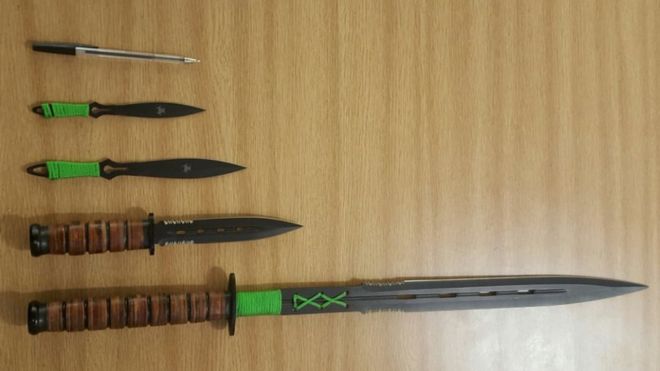ramonmercado
CyberPunk
- Joined
- Aug 19, 2003
- Messages
- 58,224
- Location
- Eblana
The Last Ship by William Brinkley has been made into a ten part TV serial.
Pretty good so far (I've seen 2 episodes) but some cardboard cut-out Al Qaeda characters in the episode 2.
Can be found online.
http://www.thelastshiptnt.com/
http://en.wikipedia.org/wiki/The_Last_Ship_(TV_series)After a global pandemic kills or sickens possibly half of the world's population, the crew (consisting of 217 men and women) of a lone unaffected U.S. Navy guided missile destroyer, the fictional USS Nathan James (DDG-151), must try to find a cure and stop the virus in order to save humanity.[4]
Pretty good so far (I've seen 2 episodes) but some cardboard cut-out Al Qaeda characters in the episode 2.
Can be found online.
http://www.thelastshiptnt.com/



